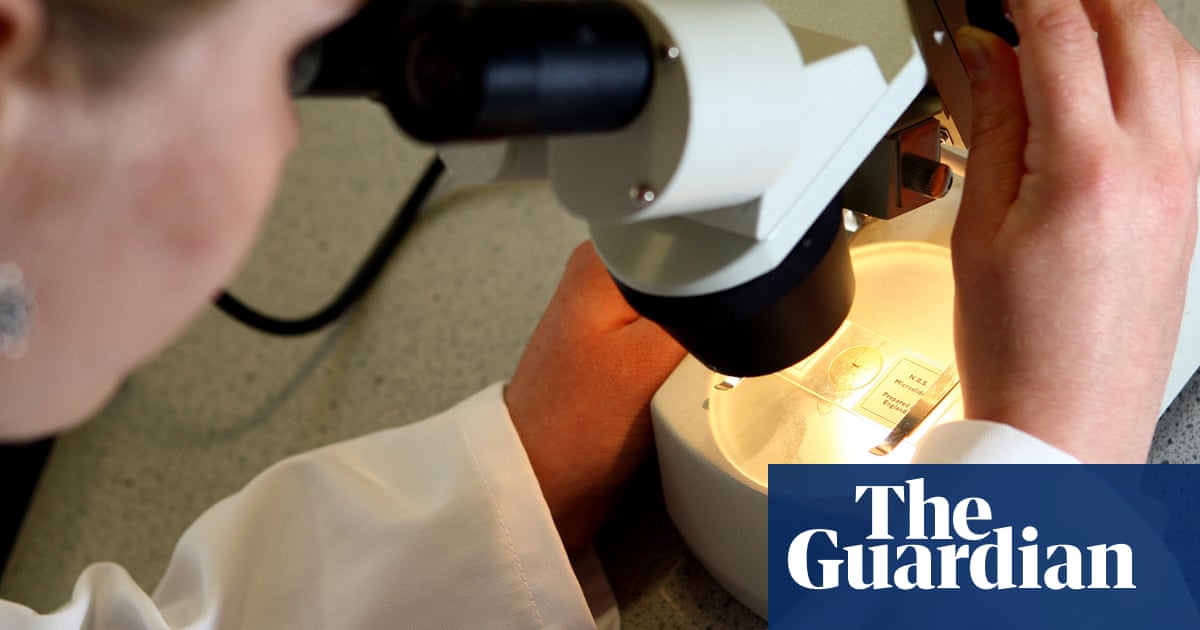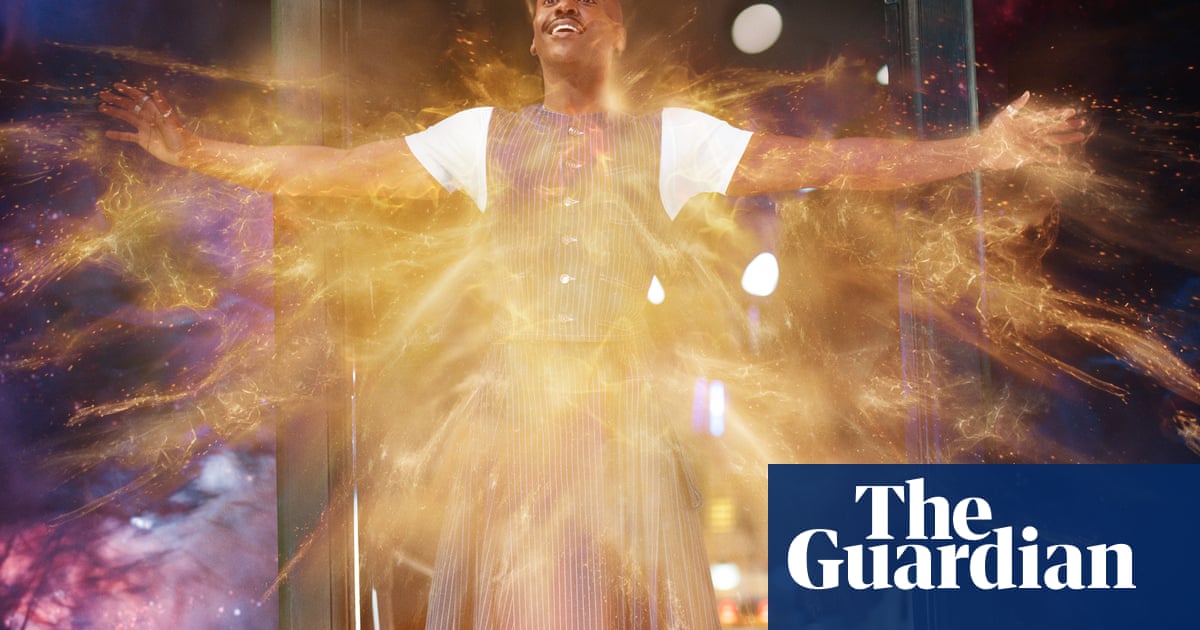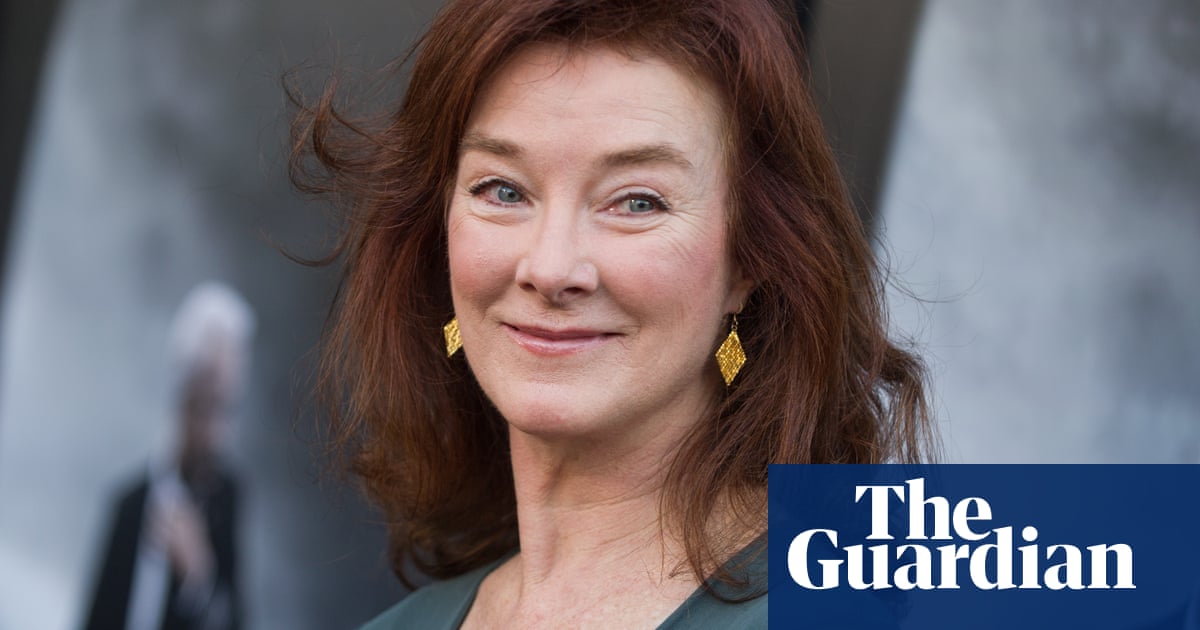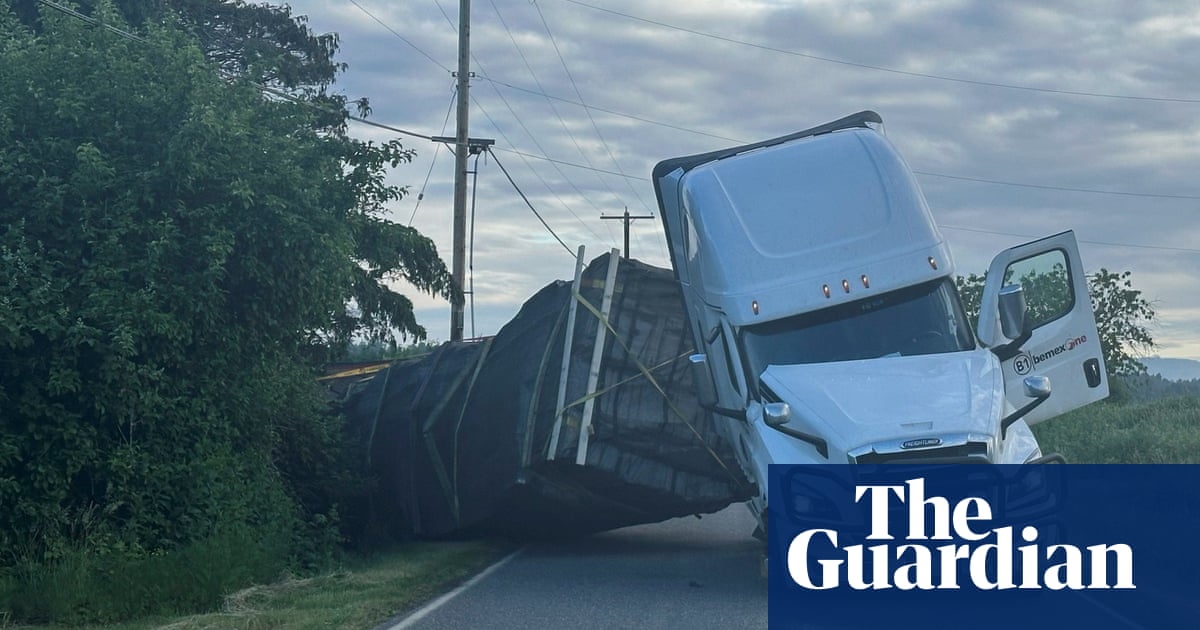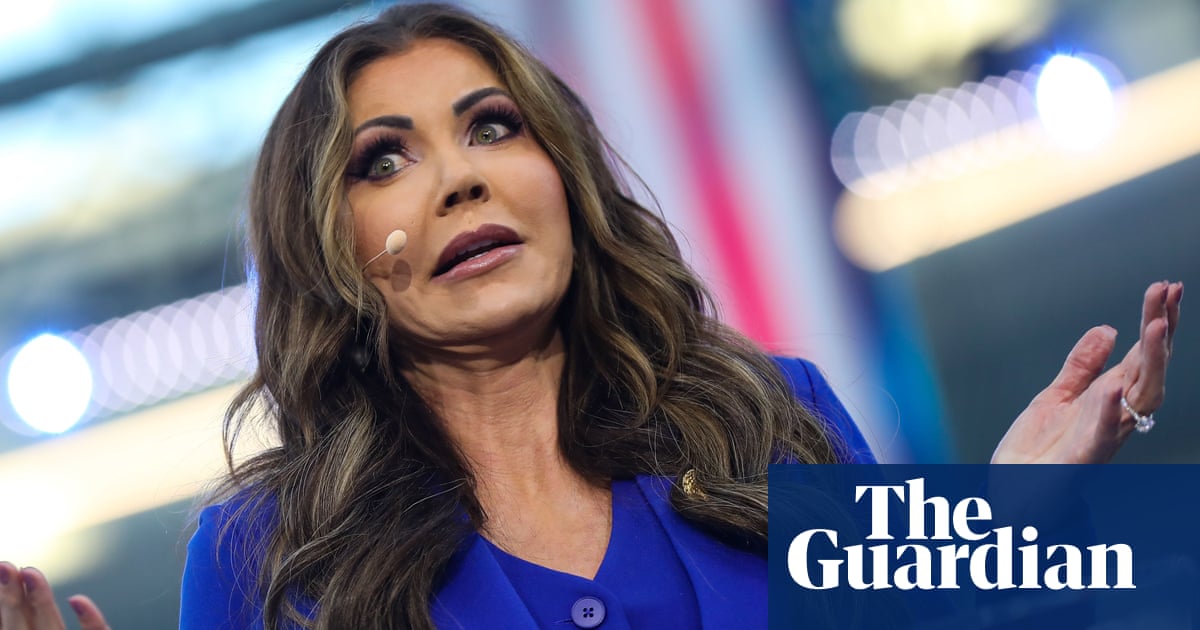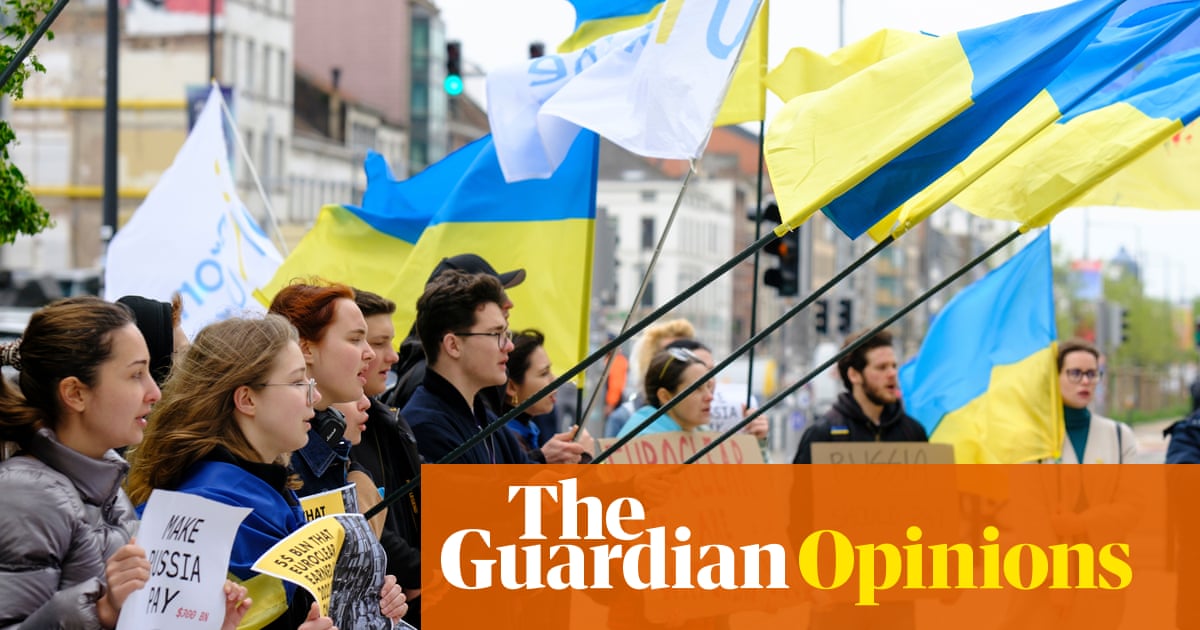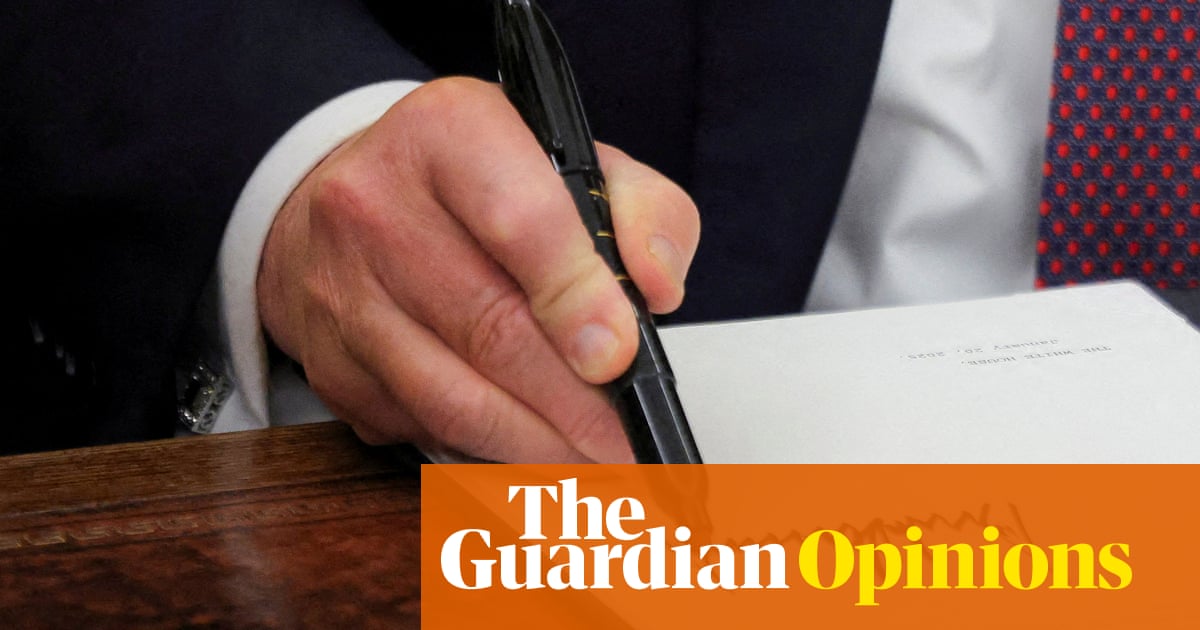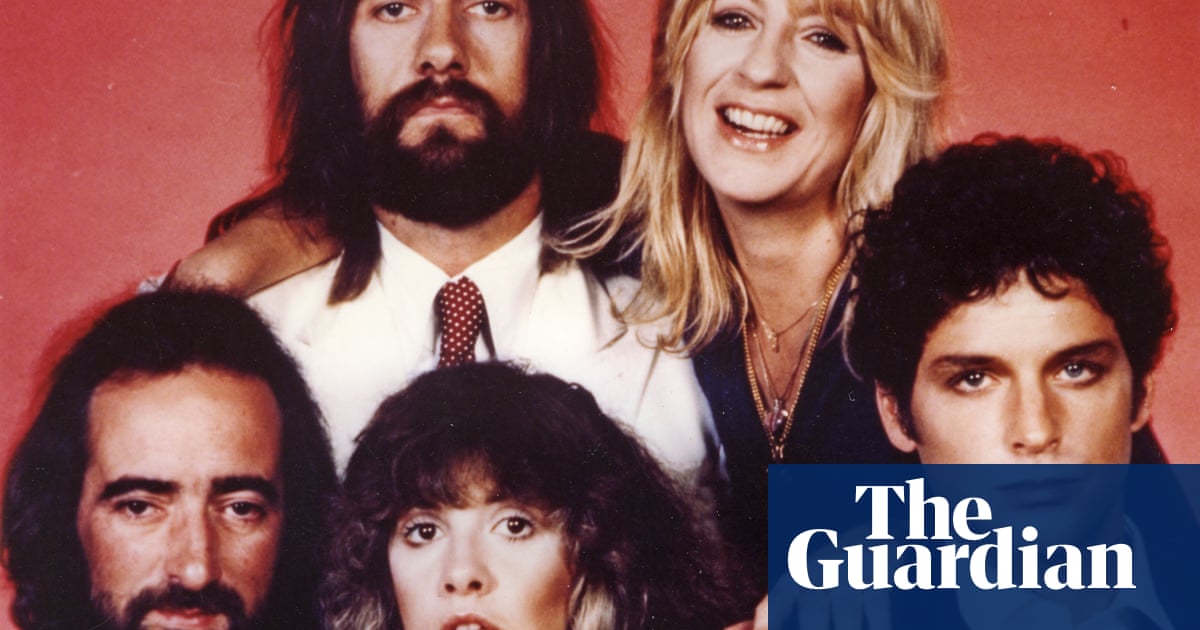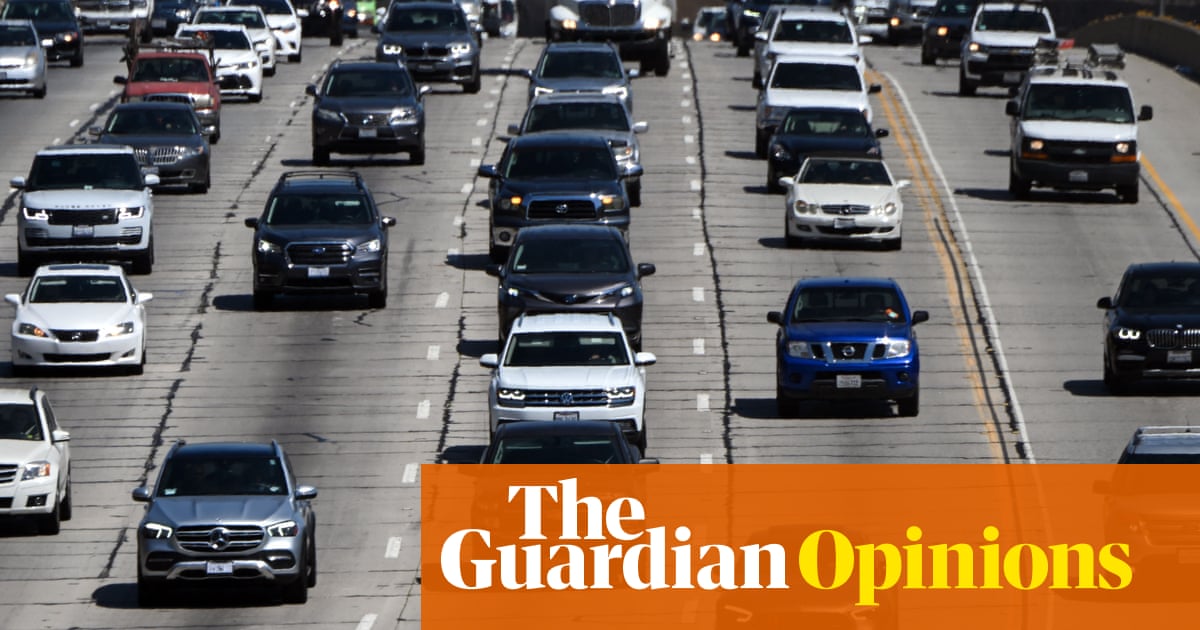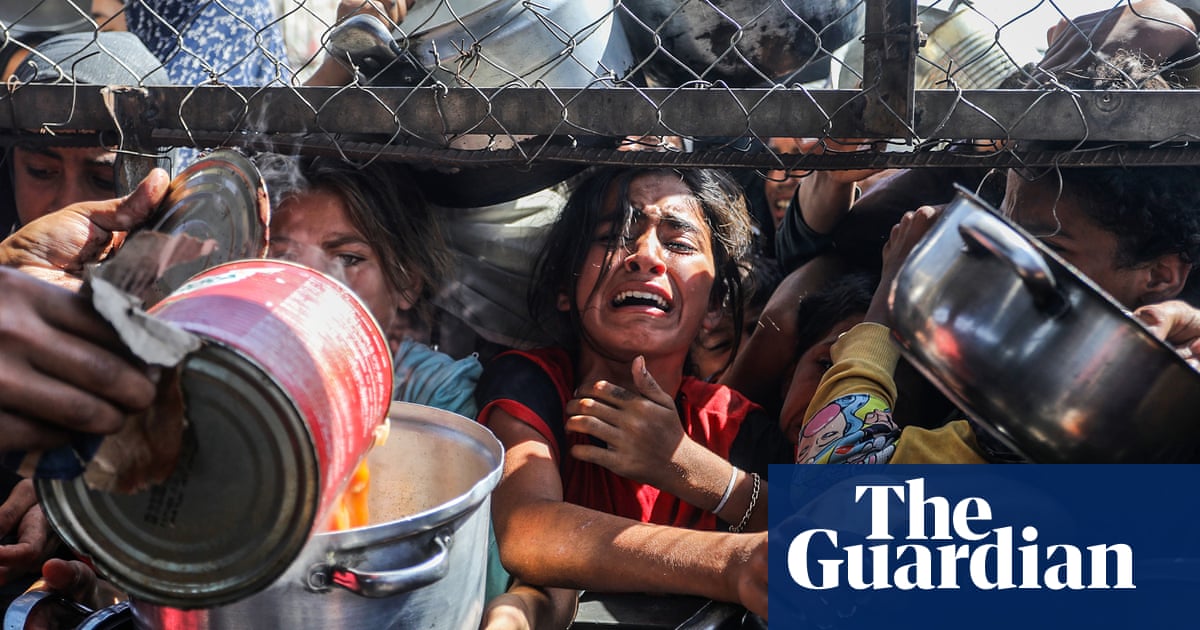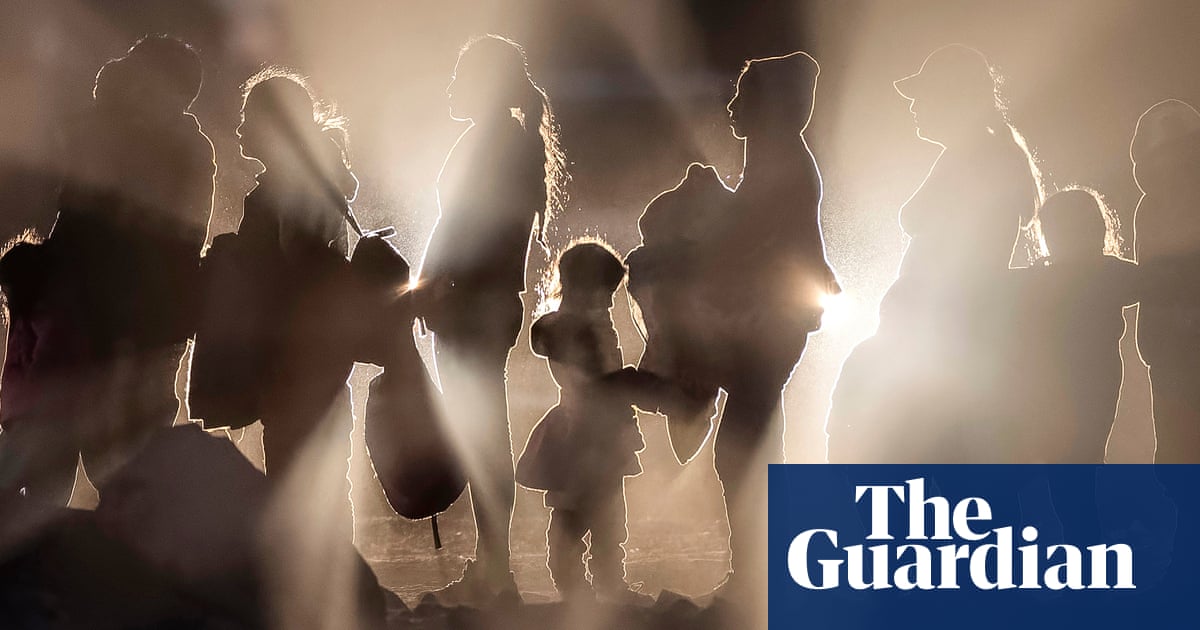King Charles’s speech to Canada’s parliament this week was framed as a subtle rebuke to Donald Trump’s threats of annexation and an assertion of the country’s sovereignty.
But for many Indigenous people, the elaborate spectacle of the royal visit – with its protocol, regalia, thrones and mounties in pith helmets – evoked a model of national identity at odds with ongoing efforts to confront Canada’s own violent history of colonization and dispossession.
The visit came as some Indigenous Chiefs and academics warned that questions of reconciliation with First Nations are being drowned out by the noisy surge of patriotism provoked by the US president.
“There’s only so much oxygen in the room and it gets all sucked up with standing up to Trump. It’s ‘Indigenous people, you’re important – but not right now’. That’s a strategy of settler colonialism too,” said David MacDonald, a political science professor at Guelph University in Ontario from Treaty 4 lands in Regina, Saskatchewan.
Canada was formed to promote unity among British colonial territories and to stop American expansion – and it was created through genocidal violence against Indigenous people, said MacDonald.
“We need to be careful not to fall back into those historical patterns, because it’s pretty easy for a lot of settler Canadians to think that’s the way it has been and should be, especially if we appeal to older historical figures,” he said.
Indigenous leaders also highlighted the irony of such high-profile declarations of Canadian sovereignty when First Nations are themselves forced to make similar assertions to Canada’s own federal government.
Canada’s federal government admits that colonial efforts to forcefully assimilate Indigenous peoples, and the displacement of First Nations on to inhospitable reserves have all contributed to shorter life expectancy, poverty and illness.
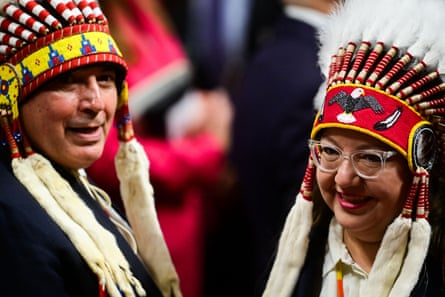
Indigenous communities have repeatedly been forced to turn to the courts in order to force the federal government to meet its obligations under centuries-old treaties between First Nations and the Crown.
In one case last year, Canada’s highest court ruled that the crown had made a “mockery” of a 1850 agreement by failing to adequately compensate First Nations for the riches extracted from their ancestral territories.
“We were sovereign. We still are sovereign. And you have to respect that we enter these treaties to make sure that we share land and resources – and therefore Canada, the colonial state, must share revenue as well,” said Chief David Monias, of Pimicikamak Okimawin in Manitoba, at a press conference following the King’s speech.
Grand Chief Krya Wilson of the Assembly of Manitoba Chiefs welcomed the King’s decision to mention Indigenous rights, meet and acknowledge that Canada’s parliament building sits on traditional Algonquin territory.
But she added: “There was talk of truth and reconciliation. But … we’ve heard the term ‘reconciliation’ for years now,” she says. “And what we are expecting – and what we’ve been expecting for years – is tangible action.”
National Chief Cindy Woodhouse Nepinak, who is head of the Assembly of First Nations, said that during her meeting with the king she stressed the need for “less colonialism”.
“People don’t like this [US] colonialism that’s happening at the borders,” she said. “But first nations have been feeling that for a long time: colonialism trying to dictate our lives.”
Over the past 20 years, Canada has engaged in a fitful reckoning with its colonial past, with a 2015 report from the Truth and Reconciliation Commission (TRC) concluding that the country had engaged in a “cultural genocide” in which tens of thousands of First Nations children were forcibly removed from their families and incarcerated in residential schools rife with abuse.
A major shift in public discourse also came four years ago this week, when remains of 215 children were confirmed outside a former residential school in southern British Columbia.
But that historical reassessment has been drowned out by a surge of nationalism in response to Trump – often invoking the iconography of British colonialism, said Rowland Keshena Robinson, an assistant professor of political science at the University of Waterloo in Ontario, who is a member of the Menominee Nation of Wisconsin.
On the day of Charles’ speech, the Ontario government announced that a statue of John A Macdonald, Canada’s first prime minister, would be put back on public display, five years after activists threw paint on it to highlight Macdonald’s efforts to eliminate Indigenous people including through starvation,
“There absolutely has been a backsliding in reconciliation in the last five years,” Robinson said.
Macdonald argued that Canadians face a unique opportunity to define themselves as different from the US not through loyalty to Britain but through by enacting true reconciliation with Indigenous people.
“What’s the opposite of a dictatorial, authoritarian presidential system? It’s a decentralized system where Indigenous people have control over their own lands, waters and keep large corporations from digging everything up,” he said.
“That would be the most anti-American thing a Canadian could do,” he said. “If the narrative could change Indigenous self-determination could be a central part of Canadian identity.”

 1 day ago
8
1 day ago
8
